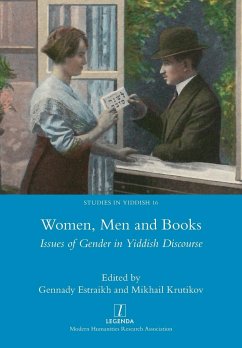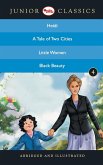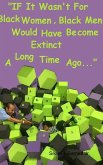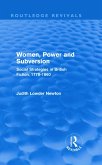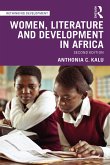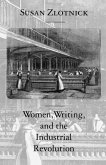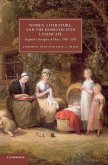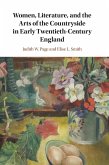Yiddish literature is commonly perceived as a gendered cultural space, as neatly summarised by the line 'Story books for women, holy books for men' in the opening scene of the popular movie Yentl. Yet it is well known that the traditional dichotomy oversimplifies the issue of gender in Yiddish literature. This volume seeks to give a more multi-faceted picture of the topic, investigating the representation of gender in Yiddish literary works, the gendered self-representation of Yiddish authors, and the (implied) expectations with respect to the gender of the Yiddish target readership. It also considers debates and reflections about gender in Yiddish literary criticism and journalism, exploring the participation and positioning of Yiddish cultural critics in this discourse.
Hinweis: Dieser Artikel kann nur an eine deutsche Lieferadresse ausgeliefert werden.
Hinweis: Dieser Artikel kann nur an eine deutsche Lieferadresse ausgeliefert werden.

